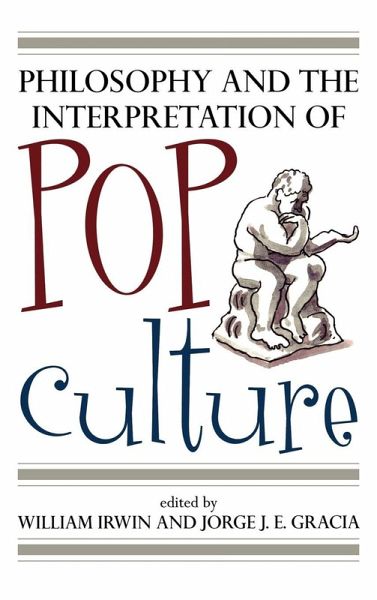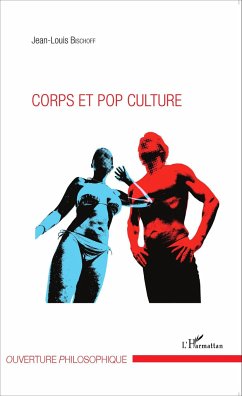
Philosophy and the Interpretation of Pop Culture
Versandkostenfrei!
Versandfertig in 1-2 Wochen
139,99 €
inkl. MwSt.
Weitere Ausgaben:

PAYBACK Punkte
70 °P sammeln!
Comprised of thirteen articles by well-known authors, this book makes the case to philosophers that popular culture is worthy of their attention. Issues of concern include the distinction between high culture and popular culture, the aesthetic and moral value of popular culture, allusion and identification in popular culture, and special problems posed by the interpretation of popular culture. Popular art forms considered include: movies, television shows, comic books, children's stories, photographs, and rock songs.














